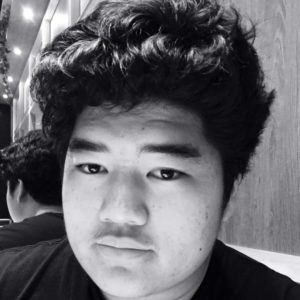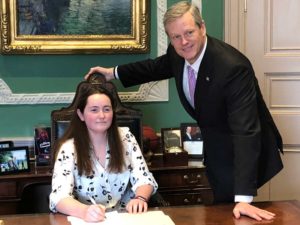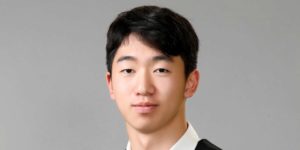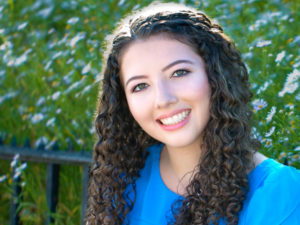Elizabeth ’21
USA
![]()
The Test Optional
St Andrews (Scotland)
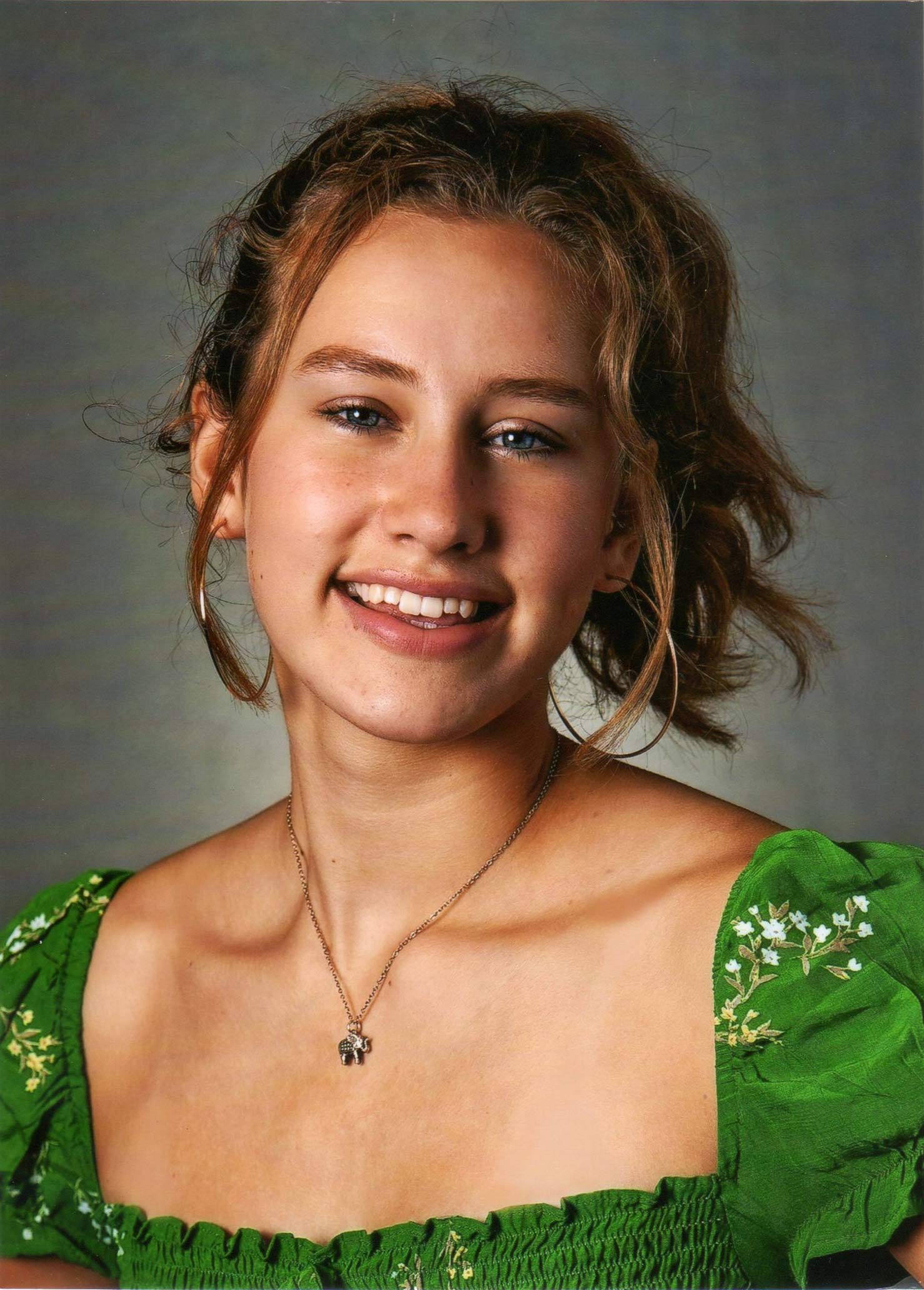 Elizabeth spent her high school years in a Connecticut boarding school’s Global and Environmental Studies program. She studied French and Arabic and earned the Honors Tea Award for “Best Student in a Language Class.” She joined Model UN, became an officer in her school’s UNICEF club, and was awarded the “Norton Center Initiative — Charitable Blend.”
Elizabeth spent her high school years in a Connecticut boarding school’s Global and Environmental Studies program. She studied French and Arabic and earned the Honors Tea Award for “Best Student in a Language Class.” She joined Model UN, became an officer in her school’s UNICEF club, and was awarded the “Norton Center Initiative — Charitable Blend.”
The Short List helped Elizabeth plan summer programs, including a dual-immersion French and Arabic trip to Morocco and a photojournalism trip to Vietnam and Cambodia. The crowning moment was a chance to study in Jordan her 2019 — 2020 junior year. Then COVID disrupted everything in the spring, and she quickly boarded one of Jordan’s last flights out of the country.
We hoped good test scores would offset Elizabeth’s incomplete transcript, so our test prep division worked closely with her. She improved with each mock test and was ready to perform well…before her test site cancelled the test, and each of the next five tests she registered for.
Once we knew Elizabeth would be applying test optional, we encouraged her to focus on her extracurricular activities senior year. She became an Environmental Proctor, UNICEF Club President, Residential Advisor, and Tour Guide, all of which showcased her desire to create community.
St Andrews in Scotland, with their dual program in Art and Middle East and Islamic Studies, became Elizabeth’s top choice. We brainstormed ways to share her international background and interests in her essays and interview. Thankfully, St Andrews accepted her after focusing less on a complete transcript or test scores and more on how Elizabeth viewed other cultures and communities. Her international journey continued when she moved to Scotland last fall.


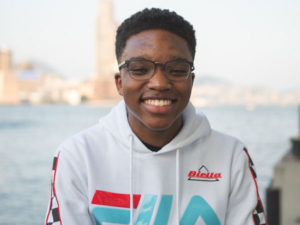 Parents typically contact us for guidance for their student. However, Mike reached out to us on his own. His parents empowered him to be the decision-maker. We provided updates, but never actually spoke to them.
Parents typically contact us for guidance for their student. However, Mike reached out to us on his own. His parents empowered him to be the decision-maker. We provided updates, but never actually spoke to them.
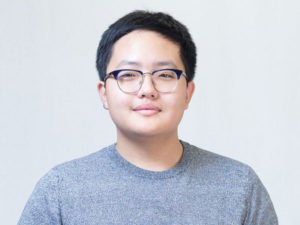 Oliver attends an international school in South Korea. He came to us somewhat lost as to what he wanted to study in college. The more The Short List learned about Oliver, the more we understood why.
Oliver attends an international school in South Korea. He came to us somewhat lost as to what he wanted to study in college. The more The Short List learned about Oliver, the more we understood why.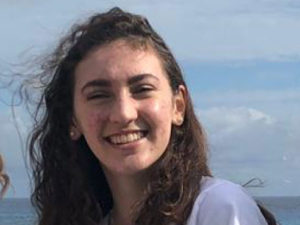 Léa grew up in Bermuda and attended one of the top international schools on the island. She believed she would be happiest attending college in the United States but knew nothing about the U.S. admissions process. Léa was a freshman, so we had plenty of time to help her explore and prepare.
Léa grew up in Bermuda and attended one of the top international schools on the island. She believed she would be happiest attending college in the United States but knew nothing about the U.S. admissions process. Léa was a freshman, so we had plenty of time to help her explore and prepare. We often hear from students, “I would love to get as much done this summer as possible because I know senior year will be busy.” As we got to know, Emma, however, it became clear that “busy” was an understatement. Our first priority became reducing stress for her and her family.
We often hear from students, “I would love to get as much done this summer as possible because I know senior year will be busy.” As we got to know, Emma, however, it became clear that “busy” was an understatement. Our first priority became reducing stress for her and her family. We first worked with Gillian when she was a high school student applying to college. She eventually attended Colby, a liberal arts college, to study both art and sociology. She contacted us again after graduating Colby for help planning her future.
We first worked with Gillian when she was a high school student applying to college. She eventually attended Colby, a liberal arts college, to study both art and sociology. She contacted us again after graduating Colby for help planning her future.